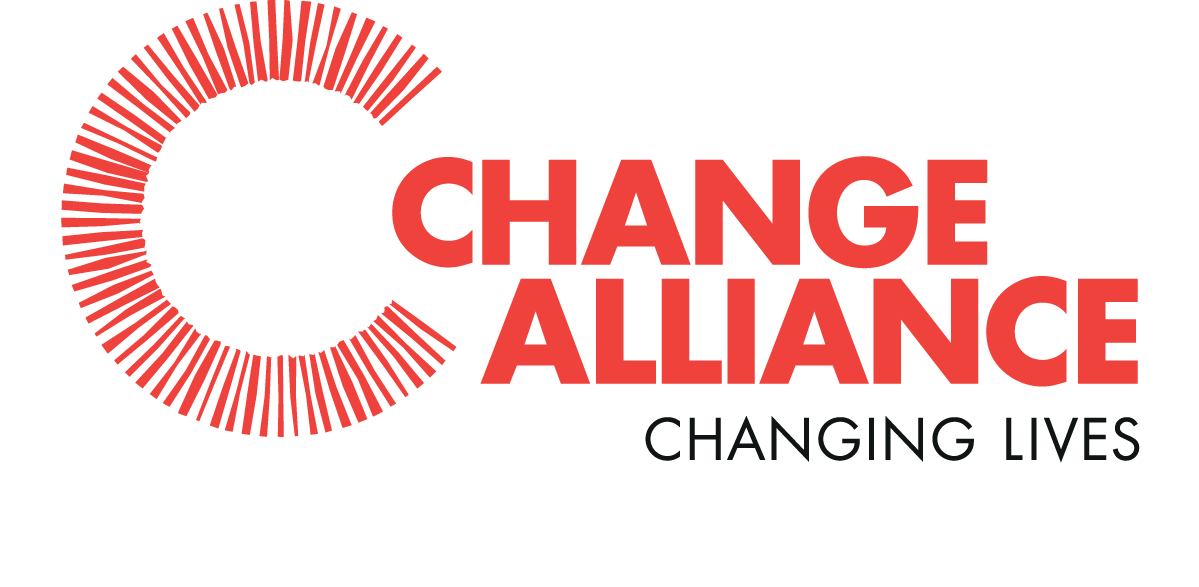
Over the past decade, CSR has grown to become a significant player in the philanthropy market and especially so since the inclusion of CSR in Companies Act, 2013. Estimates by different agencies seem to agree that about Rs. 50,000 crores, in cumulative, have been disbursed by eligible companies since the Act came into being.
While the Companies Act seems to appeal to the business case, experience shows a fair number of companies’ view this as an opportunity to engage with the society more closely. Increasingly, companies encourage employees to take party in hands-on community initiatives for building greater sensitisation towards society and presenting the human side of the business. NGOs (civil society organisations) are in a good position to leverage CSR funds for social impact by extending their knowledge and community experience to businesses. It will be encouraging for the CSOs to note that the large majority of CSR activities are implemented through implementing agencies. A good introduction on CSR and civil society’s engagement was written by our colleague Avinav Kumar, Head-Programmes. It can be read here
There is no doubt that all indicators show that the prospects are good for businesses and CSOs to work together. However, the CSOs will need to be prepared well. Certain regulatory mechanisms, if addressed, can build greater understanding between the two sectors.
What CSOs/NGOs need to consider.
1. Network, Network and Network: NGOs need to reach out more. Step out and start meeting the donors where they come. There are more than events than ever that give the NGOs opportunities to connect with the developments in CSR. These events provide a platform for active participation, networking with prospective donors and explore fruitful associations.
2. Develop and build your unique positioning: This is a significant gap. NGOs need to commit time and expertise to carve out their purpose and uniqueness especially for CSR funding.
3. Invest in having the right team on-board: Employ right set of people who have understanding of “pitch” and “presentation”. Businesses look for more than just implementation of projects. Staff of the partner NGO must be able to present impact and results in the manner businesses are used to.
4. Recognise your strengths and reach for creating impact: NGOs must recognise their strengths and explore opportunities with companies in their area of expertise and geography. Each company has unique profile, preferences and policies. Information on the company’s operations, geography, current csr activities, CSR policy and priorities for their industry area are some of the overlooked information by many NGOs as they approach potential donors.
5. Align on goals and expectations: NGOs can use their knowledge of community and subject in creating the right framework and expectations for the businesses. It is very important to be realistic about the resources, activities, outcomes, timelines and impact.
6. Set house in order: NGOs are great in social impact and community reach. Many NGOs are still are on a learning curve in governance. Many businesses demand strong due diligence and working with businesses is a great opportunity to build the gaps in governance, if any, and align with the evolving due diligence requirements of businesses. Notwithstanding industry’s own struggle with compliance and governance, their efforts in conducting due diligence has to be appreciated and perhaps NGOs can even sensitise them about the unique issues about the social sector. It is a two-way street.
RECOMMENDATIONS FOR REGULATOR:
1. Corporate foundations have done some great work. But it appears that in donating a sizeable part of their CSR funds to their own foundations, the companies do not fully recognise or leverage the established resources, strengths and linkages of NGO partners. There should be an upper limit on corporates giving funds to their own foundations and also corporate foundations extending at least a certain part of their funds for strengthening or partnering with NGOs. The community will be the winner and the businesses will substantially expand their reach.
2. Third party evaluations of programmes must be mandatory. It is easy to believe in one’s success. Third party assessments help companies assess the value generated through programmes both for community and the business objectively. Direct implementation, especially, is prone to be affected by this as the implementing team (company’s own staff) are too close to the project. These programmes can benefit greatly through neutral impact assessments and audits.
3. Evaluate critically the incidence of promotion of business interest through CSR funds: In fact, the Act has clear directions on the application of CSR funds; it is meant for social impact. “Activities undertaken in pursuance of normal course of business of a company” is not considered CSR. However, CSR expenditure can potentially be used business purpose under the nature of CSR spend, especially business promotion. Any amount tied to company’s own business interest will reduce the contribution to society to that extent and will also skew the assessment of company’s business expenditure. In addition, this will set a race amongst companies for linking business interest with CSR, given the comparison nature of industry.
4. Build an accurate, multifaceted image of civil society organisations (CSOs) instead of focusing only on a section of NGOs who may not have appropriate credentials, capacity or governance structure for accessing funding. Government can play a positive role in breaking the myths business and their foundations on their lack of capacity, professionalism and ability to manage large programmes. Facilitating a dialogue and reducing the gap in understanding between the two sectors, both having experience of working with society in their own way, will greatly build reassurance and confidence.
5. Staff with experience of programmes, sector and subject can bring their experience to the programmes, resulting in greater impact both for society and the company. Employing dedicated, trained CSR staff with good exposure of development programmes and community at the ground can forge valuable partnerships for inclusive development programmes.
6. Build awareness amongst companies on CSOs and their work, experience and expertise to build trust and collaboration. The regulatory body can facilitate common platforms of dialogue between CSOs and businesses (including their foundations). The regulator, NGOs and businesses can work together on development issues, contributing to the common goal of development of communities, better than working individually.
7. Baselines, pre-programme needs assessment and end-line surveys are invaluable in understanding the needs of the community and in creating programmes with measurable impact. These should not be considered as mere value-addition to programmes. It can be emphasised by the regulator that the voices and needs of the communities are documented formally through third party study prior to the implementation of CSR programmes. Similarly, CSR programmes must commit a percentage of the overall CSR funds towards such studies which should be considered as part of core CSR programme expenditure.
8. Measuring business performance on broader social goals is important. Disclosure by companies on their human rights performance as part of non-financial disclosure should be encouraged. National Guidelines on Responsible Business Conduct (NGRBC) and UN Guiding Principles on Business and Human Rights provide a good guide towards adoption of responsible business practices.
About the Author
P. V Narayanan, Director-Development Advisory & Operations, Change Alliance
Dr. Archana Shukla Mukherjee, Senior Manager-Gender, Diversity and Inclusion, Change Alliance



